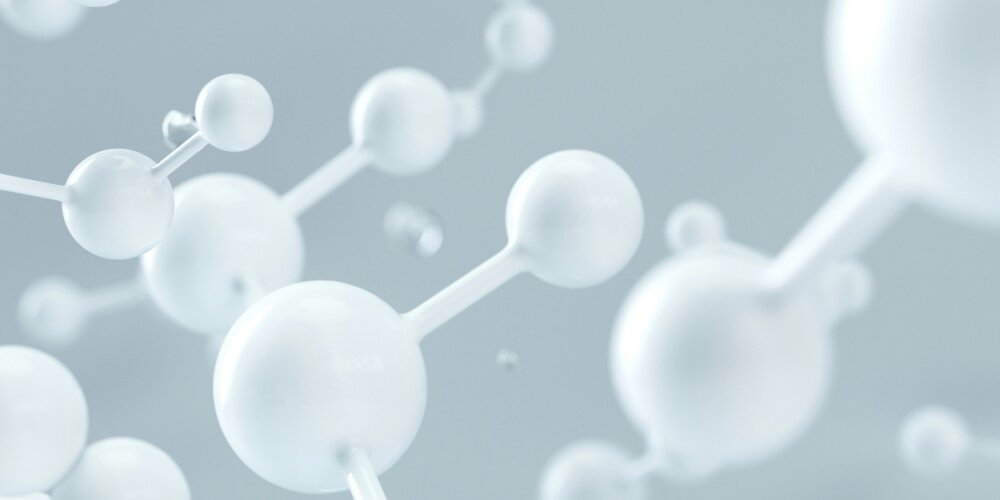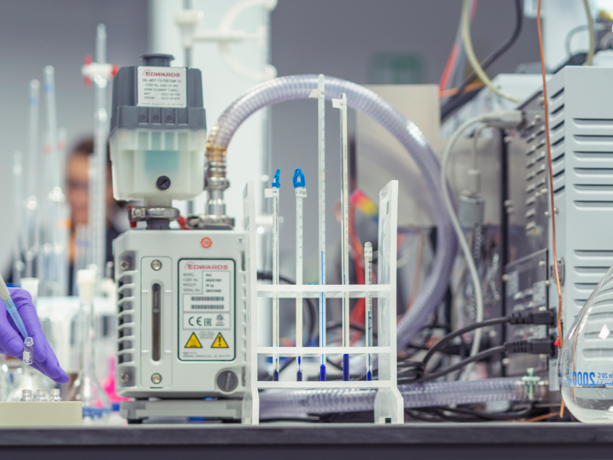Researchers Test New Method to Produce Green Hydrogen

The sustainable (and operationally-feasible) production of green hydrogen is a vital step on our journey towards greenhouse gas reduction and a carbon-neutral future. Excitingly, the development of a new technique of water splitting may be moving us one step closer to this ideal.
Splitting water via electrolysis is not a new idea, but has historically failed to compete on a cost-effective scale with fossil fuel-derived “grey” hydrogen. However, new research has emerged that has explored the option of membrane-less decoupled water electrolysis (DWE) to split water into hydrogen and oxygen. DWE aims to provide low-cost, efficient water electrolysis for more sustainable hydrogen gas production.
During testing, scientists used a new method, where the cathode and anode are submerged in a near-neutral sodium-bromide electrolyte solution with water within the electrolytic cell. This produces hydrogen gas via the following reactions:
Cathode: 2H+ + 2e– → H2
Anode: Br – + 3H2O → BrO3– + 6H+ + 6e–
Then, the oxidised bromate-rich electrolytes flow from the electrolytic cell to the catalytic cell, where they are catalytically decomposed into bromide and oxygen:
2BrO3– → 2Br – + 3O2
By decoupling the reactions, and using a bromine/bromate solution as a soluble redox couple (SRC), this method of electrolysis doesn’t require a membrane to separate the anode and cathode, and has the potential to operate continuously at high faradaic efficiency. Another benefit of this method is that it doesn’t need the temperature fluctuations that ETAC water splitting requires, which makes it more operationally viable at scale.
The main takeaway of the research should be optimistic. Whilst this process of hydrogen generation via water splitting needs refining to become more competitive, it remains a necessary and celebrated breakthrough in environmental science and technological development.
The Lab: where innovation meets expertise
Need a consultation for materials testing? With everything from chemical and mechanical material identification, to preventative and reactive metallurgy investigations, our team at The Lab is perfectly placed to find the results you need.
Whatever your requirements, The Lab can help. We have access to advanced analytical technology, wielded by experts across multiple disciplines. Find out more when you contact us today.
Consult The Lab for premier materials testing services today
For more news, insights and the latest information, explore The Lab’s News and Knowledge Hub…
Scientists Discover 'Superhydrophobic' Surfaces | Is It Possible to Create Carbon-Neutral Steel? | World’s First Spiral-Welded Wind Tower Begins Operation
- Author
- Adam Whittle
- Date
- 16/05/2024
